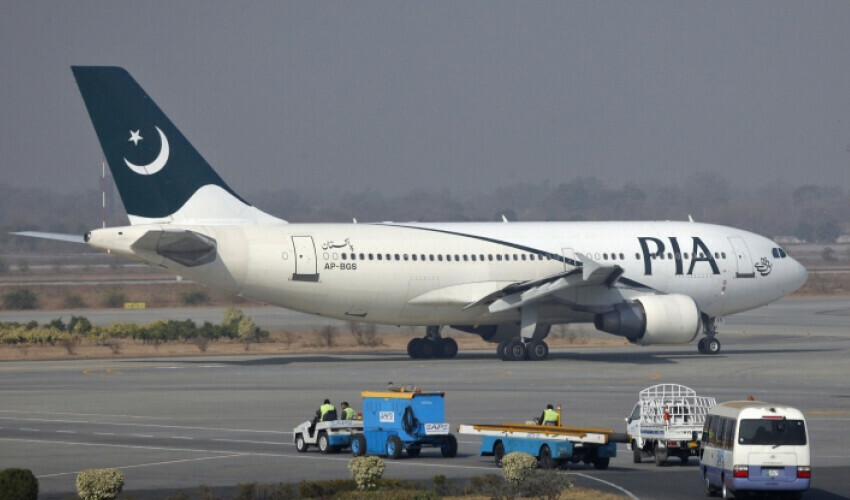
In a recent development, Malaysia has once again impounded a Pakistan International Airlines (PIA) aircraft over unpaid dues amounting to $4 million. This incident comes as a blow to the already struggling national airline of Pakistan. Which has been facing financial troubles and reputational damage in recent years.
The Malaysia authorities took action to detain the impounded PIA aircraft. A Boeing 777, which was scheduled to depart from Kuala Lumpur International Airport. This is not the first time that PIA has faced such a situation in Malaysia. Last year, in a similar incident, the Malaysian authorities impounded another PIA aircraft over unpaid lease dues.
The outstanding amount of $4 million is reportedly related to aircraft ground handling and parking charges. Malaysian authorities have expressed their frustration over PIA’s failure to settle these dues despite repeated reminders and warnings. The impoundment of the aircraft is perceived as a measure to compel PIA to fulfill its financial obligations.
For PIA, this incident adds to its already precarious financial situation. The airline has been grappling with financial losses for years. Mainly due to mismanagement and a lack of a viable business strategy. The COVID-19 pandemic further exacerbated its problems, as travel restrictions and reduced passenger demand severely impacted the aviation industry worldwide.
This impoundment also has negative implications for PIA’s reputation. It highlights the airline’s inability to meet its financial commitments and honor its obligations to its business partners. Such incidents can damage the trust and confidence of potential investors, creditors, and customers, further hindering the airline’s recovery efforts.
The Pakistan government, which owns PIA, must address these recurring issues urgently. It needs to take decisive measures to stabilize the airline’s finances. Improve its management practices, and establish transparent processes to avoid similar incidents in the future. We should make efforts to negotiate with Malaysia and promptly resolve the outstanding dues, demonstrating our commitment to responsible financial management.
Additionally, PIA should focus on developing a comprehensive turnaround plan that includes cost-cutting measures, fleet optimization, and route restructuring. It should also explore partnerships and alliances with other airlines to enhance operational efficiency and revenue generation.
Furthermore, the Pakistan government must ensure the implementation of robust regulatory mechanisms to prevent the recurrence of financial mismanagement and irregularities within the airline. We should implement stringent oversight and accountability measures to restore confidence in PIA’s operations and financial viability.
In conclusion, the impoundment of a PIA aircraft in Malaysia with over $4 million in dues highlights the financial challenges faced by the airline. This incident serves as a wake-up call for the Pakistani government to take immediate action to address PIA’s financial woes, restore its reputation, and secure its long-term sustainability. Without swift and effective measures, PIA’s future remains uncertain, with implications for both the airline and the country’s aviation sector as a whole.
